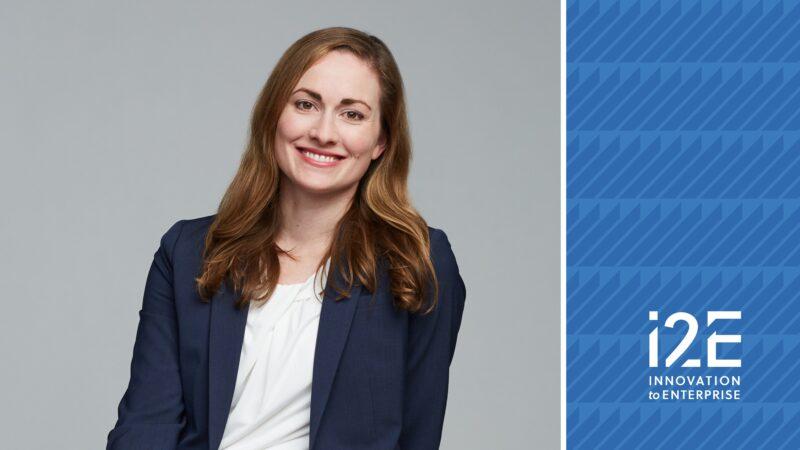By Scott Meacham
There is no single path to entrepreneurial success.
U.S. Patent No. 4,371,752 is just one of the more than thirty-three patents issued to Tulsa born and raised inventor and entrepreneur Gordon Matthews (1936 – 2002). But it is arguably the most of impactful of his portfolio of innovation, as No. 4,371,752 is the patent for Matthew’s invention that evolved into the first commercial voicemail system.
Versions of automatic answering machines had been around since the thirties. It is said that Thomas Edison recognized the need for recording and playing back calls nearly as soon as the telephone was a reality. He invented a machine with two needles to record and playback sound on a piece of tinfoil, in his words, “to record talking.” The machine, instead, turned out to be the phonograph.
Tragic Inspiration
Gordon Matthews, as the story goes, pondered the possibilities of human voice and technology for years. After graduating from the University of Tulsa (TU) in engineering and physics, he became an aviator in the U.S. Marines Corp. Reportedly, when a fellow pilot was lost in a mid-air collision, Matthews considered that the accident could have been caused by the pilot taking his eyes off the plane’s controls to adjust the radio. After the military, Matthews joined IBM to work on voice activated cockpit controls.
From there Matthews worked at Texas Instruments (TI) and then, a serial entrepreneur, at two of his own businesses. He said that the idea for voicemail came to him when he noticed trash bins full of message slips.
Those Adams message slips were an office staple and necessity. Square, pink, and with a bold headline that said: “While You Were Out,” the pre-print forms were designed to make it easier and more efficient for busy receptionists and secretaries to capture as much information as possible about the call and caller for a person who missed a call.
Forty years later it is hard to imagine those pre-voicemail days, but Matthews, like every successful entrepreneur, recognized that taking and leaving messages and missing calls was a big problem for every company that had offices and employees. The process, at best, was inefficient and required lots of people — not to mention the problems of lost calls, missed information, and upset customers. As frustrating as voicemail became, the previous system of hand written messages on squares of pink paper was worse.
Matthews’ first solution, a machine to store and retrieve messages, although quite costly and somewhat cumbersome, offered a vision of improved efficiency and reduced cost. 3M bought his first machine and in 1980 became the first company to use voicemail. In today’s dollars, the system would have cost millions. Other major corporations soon got on board. Over time, technology improved, devices were increasingly smaller and faster, and voicemail became more affordable and nearly ubiquitous in American business with nearly 40 million users by 1992.
Corporate Route to Success
There is no single path to entrepreneurial success. Gordon Matthews took the corporate route — from IBM, to his own companies, and then back to corporate consulting. Like many entrepreneurs of his time, he served in the military. It’s a reminder.
There is much to learn about business operations and customers from Fortune 1000 companies. The military is an important partner with private industry — in developing human talent and in providing opportunities for service people to enter technical fields.
Gordon Matthews sold his business, retired, and then reentered business in videoconferencing. Were he alive today, we can only imagine what he could have dreamed up in this time of remote work and Zoom.
And although Millennials and GenZ vastly prefer text and messaging to voicemail, Adams “While You Were Out” slips are still big sellers on Amazon.
Maybe a good thing for us all to remember in these recent months of disruption is that even in decades of accelerating change, some things stay the same.
Scott Meacham is president and CEO of i2E Inc., a nonprofit corporation that mentors many of the state’s technology-based startup companies. i2E receives state support from the Oklahoma Center for the Advancement of Science and Technology and is an integral part of Oklahoma’s Innovation Model. Contact Meacham at [email protected].








